 26 March 2024.
26 March 2024.
The Centre for Law and Democracy (CLD) has joined a civil society letter to Media Freedom Coalition Member States calling for action on the safety of journalists in Gaza. The letter notes that while “on December 5, 2023, 24 members of the Media Freedom Coalition expressed concern about the plight of journalists in Israel and Gaza, in more than five months of a devastating conflict, with record numbers of journalists killed, primarily by Israeli forces in Gaza, there has been no credible action taken by MFC Member States.”
The letter calls on Member States to call for journalists to be treated as civilians in accordance with international humanitarian law norms, urges “immediate and unfettered” access of journalists to Gaza and calls for “prompt, independent, effective and thorough investigations” into killings of journalists.
The full letter is available here.



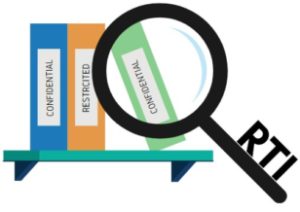 4 March 2024.
4 March 2024.  CLD invites you to join our online course, Freedom of Expression: International Law and the Practice in Myanmar, to be held from 18 March-17 May 2024, with online lectures on Thursdays from 7:30-9:00 PM Bangkok time. This nine-week online course involves weekly lectures, discussions, background readings and an opportunity to interact with others who care about freedom of expression in Myanmar.
CLD invites you to join our online course, Freedom of Expression: International Law and the Practice in Myanmar, to be held from 18 March-17 May 2024, with online lectures on Thursdays from 7:30-9:00 PM Bangkok time. This nine-week online course involves weekly lectures, discussions, background readings and an opportunity to interact with others who care about freedom of expression in Myanmar. 
 15 January 2024.
15 January 2024. 8 January 2024.
8 January 2024. 20 December 2023.
20 December 2023.  29 November 2023.
29 November 2023.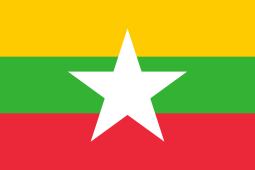 20 November 2023.
20 November 2023.
 23 October 2023.
23 October 2023.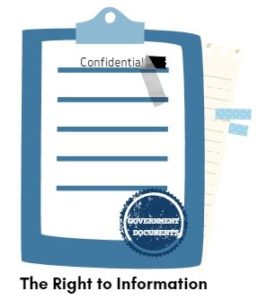 28 September 2023.
28 September 2023.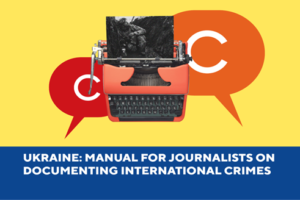 11 September 2023.
11 September 2023. 11 вересня 2023 р.
11 вересня 2023 р.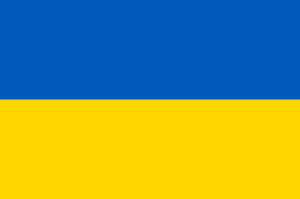 30 August 2023.
30 August 2023.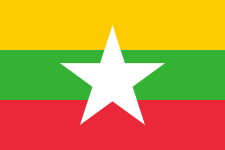 21 August 2023.
21 August 2023. [Burmese text follows]
[Burmese text follows] 8 June 2023.
8 June 2023.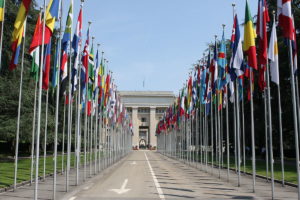 2 May 2023.
2 May 2023.